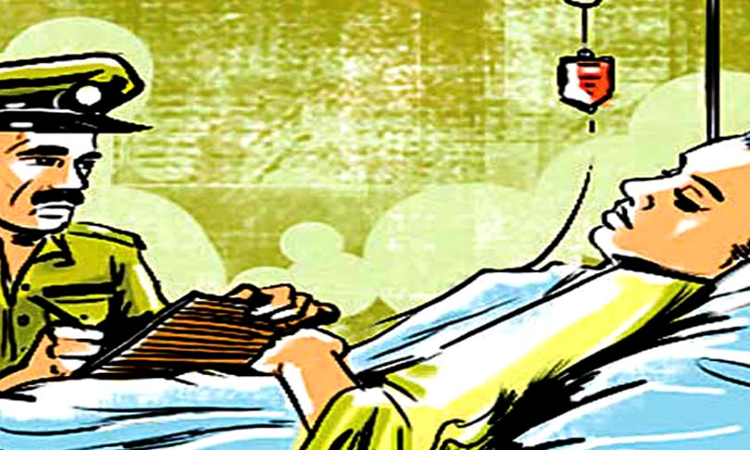Doubtful That A Victim Who Suffered 100% Burn Injuries Could Make A Dying Declaration: Patna High Court
Sanjana Dadmi
26 Jun 2024 10:40 AM IST

Next Story
26 Jun 2024 10:40 AM IST
The Patna High Court observed that a victim/deceased who caught fire and suffered 100 percent burn injuries would not have been in a position to give any statements implicating the accused, thereby casting doubts on the correctness of claim in the dying declaration.The division bench of Justice Ashutosh Kumar and Justice Jitendra Kumar was considering a criminal appeal against conviction...
